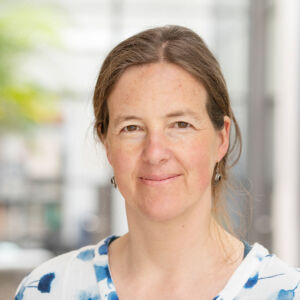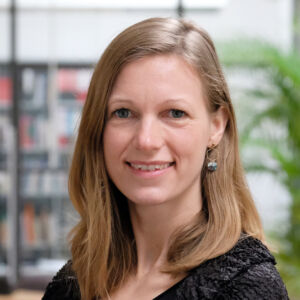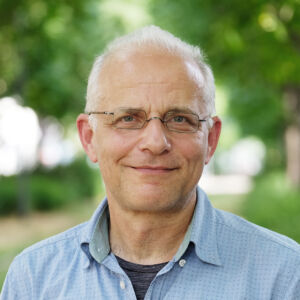Trendwende zur Erhaltung der Biodiversität: Dimensionen einer sozial-ökologischen Transformation
Marion Mehring et al.
Das Institut für sozial-ökologische Forschung (ISOE) gehört zu den führenden Instituten der Nachhaltigkeitsforschung. Wir entwickeln wissenschaftliche Grundlagen und zukunftsweisende Konzepte für sozial-ökologische Transformationen. Gemeinsam mit unseren Partnern in Wissenschaft und Gesellschaft gestalten wir Räume für einen Wandel in Richtung Nachhaltigkeit.
Über das InstitutIm Zentrum unserer Forschung steht die Frage, wie Transformationen in Richtung Nachhaltigkeit gestaltet werden können. Mit unserer transdisziplinären Forschung wollen wir Möglichkeiten für einen nachhaltigen und gerechten Umgang mit Wasser, Land und Biodiversität sowie mit Siedlungsentwicklung und Konsum aufzeigen.
Zum Profil„Um die Lebensgrundlagen für alle innerhalb der planetaren Grenzen zu sichern, müssen sich Wirtschaftsweisen und Lebensstile ändern. Voraussetzung dafür ist eine Veränderung in den Beziehungen zwischen Gesellschaft und Natur.“
Prof. Dr. Flurina Schneider, wissenschaftliche Geschäftsführerin
Zum Blog„Nachhaltiges Grundwassermanagement ist machbar – aber nur durch Zusammenarbeit. Die Herausforderungen sind zu komplex, um sie mit fachlicher Expertise und technischer Innovation allein zu bewältigen.“
Dr. Fanny Frick-Trzebitzky, Leiterin des Bereichs Praktiken und Infrastrukturen
Zum Profil„Der Klimawandel trifft strukturell benachteiligte Menschen, darunter insbesondere Frauen und Menschen mit geringen Einkommen, häufig stärker. Um klimaneutrales und bezahlbares Wohnen für alle zu ermöglichen, müssen energie- und klimapolitische Programme und Maßnahmen im Gebäudebereich daher sozial und geschlechtergerecht ausgestaltet werden.“
Dr. Immanuel Stieß, Leiter des Bereichs Praktiken und Infrastrukturen
Marion Mehring et al.
Fanny Frick-Trzebitzky et al.
Online verfügbar
Lukas Sattlegger, Luca Nitschke, Immanuel Stieß
Online verfügbar
Lena Theiler
Online verfügbar
Valentin H. Klaus et al.
Online verfügbar
Verena Maleska et al.
Online verfügbar
Yves Zinngrebe et al.
Online verfügbar
Nicola Schuldt-Baumgart
Online verfügbar
Melanie Jaeger-Erben et al.
Online verfügbar
Konrad Götz
Online verfügbar
Anna Brietzke et al.
Online verfügbar
Im Fokus unserer internationalen Forschung stehen aktuell Themen wie Grüner Wasserstoff, Wasserwiederverwendung, Plastik in der Umwelt sowie Desertifikation.
Mitarbeiter*innen arbeiten am ISOE, davon 40 Wissenschaftler*innen und 20 studentische Mitarbeitende.
Mehr




